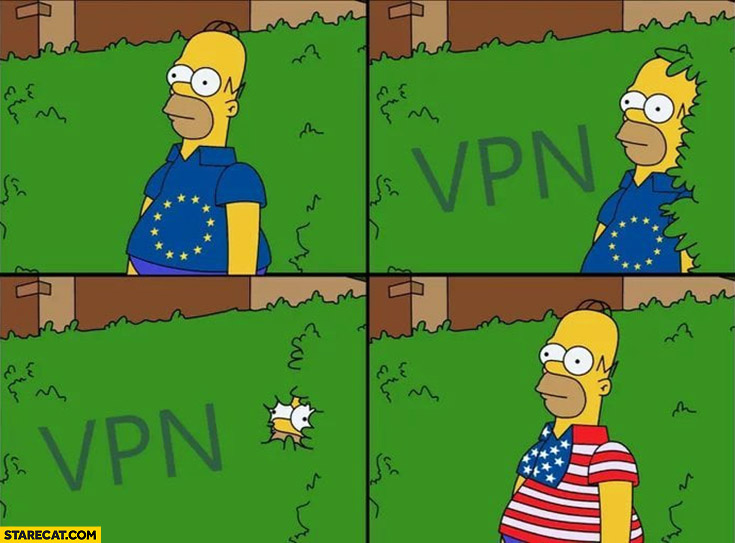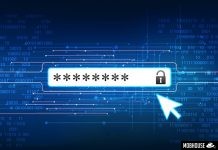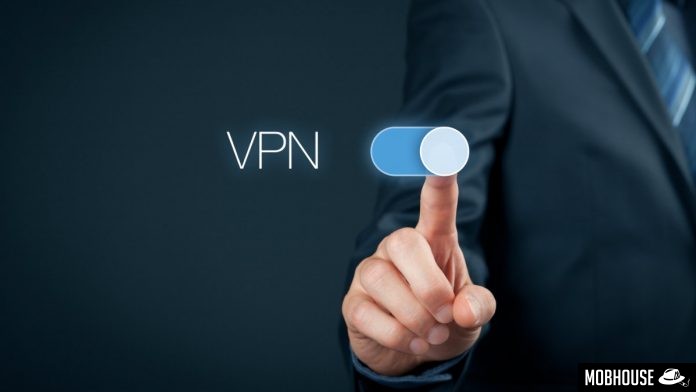From regular ad banners to sponsored YouTube videos, VPN advertisements are all over the internet. Chances are, you’ve probably seen at least one of them. They claim to use ‘military grade encryption’ to help you bypass Netflix’s geoblocking and prevent hackers. But, just how true are these claims? How does VPN actually work? Let’s find out.
What are VPNs?
As the name implies, Virtual Private Networks (or VPNs) provide users with a virtual private network to access the internet from. So when you access the internet, all of the data passes through the VPN first before reaching the destination. There is a secure tunnel between your device and the VPN server and thus nothing can be tracked along this route. Once it reaches the VPN server, it will go out to the internet. To the rest of the internet, it appears as if we are from the IP address of the VPN server, which makes it impossible for our real IP address to be tracked.
The key takeaway here is that the data travelling from your device to the VPN server will be encrypted and secure. This nullifies the possibilities of hacking, surveillance, or snooping along this route, which is usually the most vulnerable. As for the claim of ‘military grade encryption’, it merely refers to AES-256 encryption, which is widely used in other areas of the internet. Although it is indeed safe, the term is just a marketing gimmick!

What can VPNs do?
Now we know how VPNs work , let’s talk about how it can benefit us as users.
1) Prevent ISP Logging/ Surveillance
Internet Service Providers or ISP (such as TM and Maxis) manage and route our internet traffic, which means that whatever you do on your computer can be tracked. To negate this possibility, some people use VPNs to prevent their ISPs from knowing what they do on the internet. Since the traffic from your internet connection to the VPN server is encrypted, your ISP won’t know what the content is. Once it reaches the VPN server, your ISP has no control over the internet traffic. In this sense, VPNs give you more privacy, which more and more people appreciate these days.
2) Prevent Hackers
On public WiFi, there is always the possibility of hackers intercepting your internet traffic and stealing your information even if the website is HTTPS-enabled. With VPNs, even if the hacker manages to intercept your traffic, they won’t be able to access the encrypted data that is travelling from your WiFi to the VPN server. Once the data reaches the VPN server and gets sent through the internet, the hackers won’t have access over it anymore. This is also why VPN ads claim that they can prevent hackers.
3) Bypass Geoblocking/ Government Restricted Content
With a VPN, your IP address will be from the location of wherever the VPN server is. This is also why VPN services usually allow users to choose different servers in different countries. This means that if the service you’re using or your government has blocked access to certain websites, using a VPN can bypass that easily since your internet traffic isn’t technically coming from your country anymore. Popular services like Netflix uses geoblocking to cater different content to different countries.

Netflix blocks VPNs?
If you use Netflix, you should know by now that Netflix uses geoblocking to restrict content based on the country you’re in. Netflix does this for multiple reasons with the main one being licensing issues. Since the content on Netflix is owned by third parties, they may only hold distribution licenses to certain countries. This is called territorial licensing. Legally speaking, Netflix is required to only serve those content to the countries where the license holder has rights to. Netflix has been vocal about its goal of being truly global, but territorial licensing has long plagued Netflix’s progress.
To bypass Netflix’s geoblocking, users have been using VPNs to spoof their IP address to make it seem like they are in another country. In order to prevent legal trouble, Netflix has deployed various measures to prevent VPNs being used. Netflix blocks VPNs by blacklisting known IP addresses from VPN services. While this is not the ideal situation, there aren’t any better solutions right now.

VPNs; Good or Bad?
Overall, using a good VPN service can definitely increase your security online. It also comes with other perks as well, depending on your usega. But make sure to choose a good VPN provider as dodgy companies might log your online activity. A truly privacy-centric VPN service should never log your network traffic.
So, are you using a VPN service? What’s your experience like? Let us know!

























